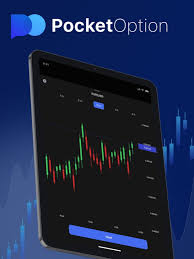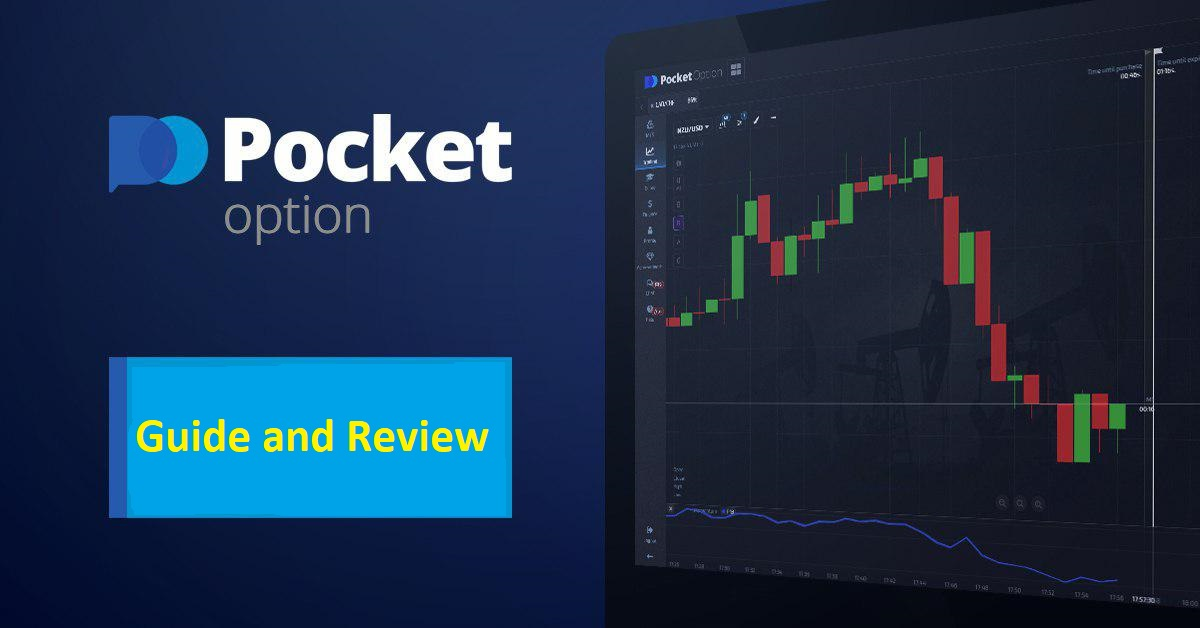Is Pocket Option Legal in US

Is Pocket Option Legal in US?
Pocket Option is a trading platform that has grown in popularity due to its user-friendly interface and range of trading options. However, one of the main concerns for traders within the United States is whether or not it is legal to use Pocket Option in their jurisdiction. In this article, we will explore the legal status of Pocket Option in the U.S., the regulatory environment, and what traders should consider when thinking about using this platform. For a detailed overview, you can also check out is pocket option legal in us is pocket option legal in us.
Understanding Pocket Option
Pocket Option is a binary options trading platform that allows users to trade various assets including stocks, currencies, and cryptocurrencies. It offers a variety of features including social trading, demo accounts, and a wide range of payment methods. The appeal of Pocket Option lies in its simulation of a gambling-like atmosphere, which can be attractive for novice traders looking to dive into the financial markets. However, this simplicity and ease of access also raise some regulatory flags, especially in jurisdictions with stricter financial laws.
Legal Framework for Trading in the U.S.
The regulatory environment for trading platforms in the U.S. can be quite complicated. The primary regulatory body overseeing trading operations is the Commodity Futures Trading Commission (CFTC). The CFTC regulates commodity futures and options markets in the United States, and it has strict guidelines about the operations of binary options trading platforms.

For a trading platform to operate legally in the U.S., it must be registered with the CFTC. Additionally, any binary options offered should comply with the CFTC regulations to protect traders from potential fraud and to ensure market integrity.
Is Pocket Option Registered with CFTC?
No, as of now, Pocket Option is not registered with the CFTC. This means that it operates outside of the regulatory framework established for financial trading in the U.S. As a result, U.S. residents using Pocket Option could be engaging in activities that may not be fully legal under U.S. law. Without the oversight of the CFTC, traders are left without protections that are normally provided in regulated environments.
Risks of Trading on Unregulated Platforms
Trading on unregulated platforms like Pocket Option comes with significant risks. The lack of regulatory oversight means there are fewer safeguards in place for traders. Issues such as withdrawal problems, lack of transparency, and unfair trading practices may arise, leaving traders vulnerable. Furthermore, if the platform were to go bankrupt or experience financial difficulties, traders might not have recourse for recovering lost funds.

Alternatives to Pocket Option
For U.S. residents looking for safer alternatives, consider platforms that are fully regulated and compliant with U.S. laws. Brokerages like TD Ameritrade, E*TRADE, and Charles Schwab are all registered with the appropriate regulatory bodies and provide a wide range of trading options backed by compliance. Trading futures, stocks, and ETFs through these firms can provide a more secure trading environment.
Navigating the Legal Landscape
Before deciding to trade on any platform, it’s crucial for U.S. residents to research the legalities associated with that platform. This includes looking for compliance with CFTC regulations and whether the brokerage is a member of the National Futures Association (NFA). Understanding the legal landscape can help avoid issues that arise from trading on unregulated platforms.
Conclusion
In conclusion, the legality of Pocket Option in the United States is ambiguous due to its lack of registration with the CFTC. While many find the platform appealing for its ease of use and range of features, the risks associated with unregulated trading should not be underestimated. U.S. residents are strongly advised to consider using regulated alternatives to ensure a safer trading experience. Always remember to conduct thorough research and consult with financial professionals when in doubt.
